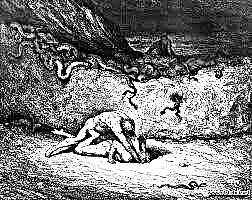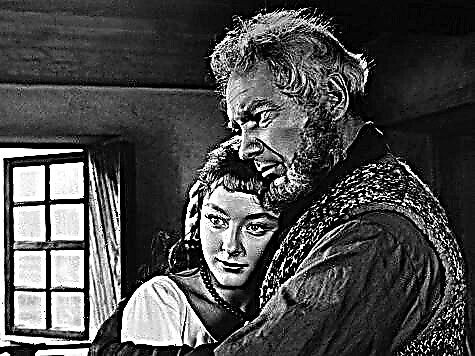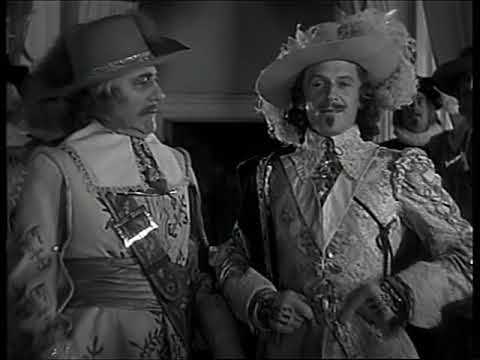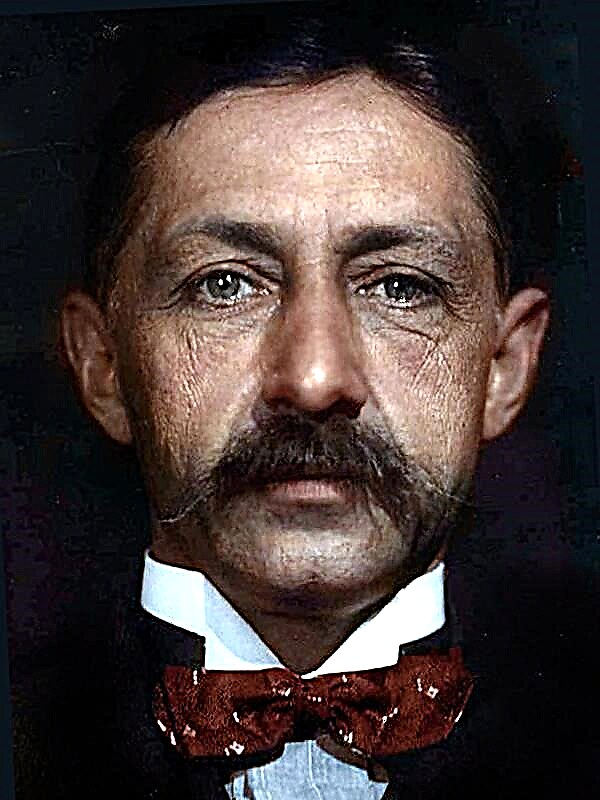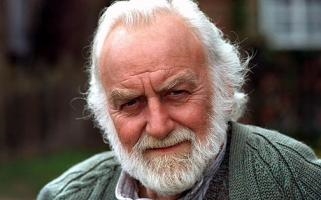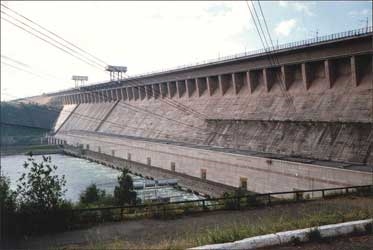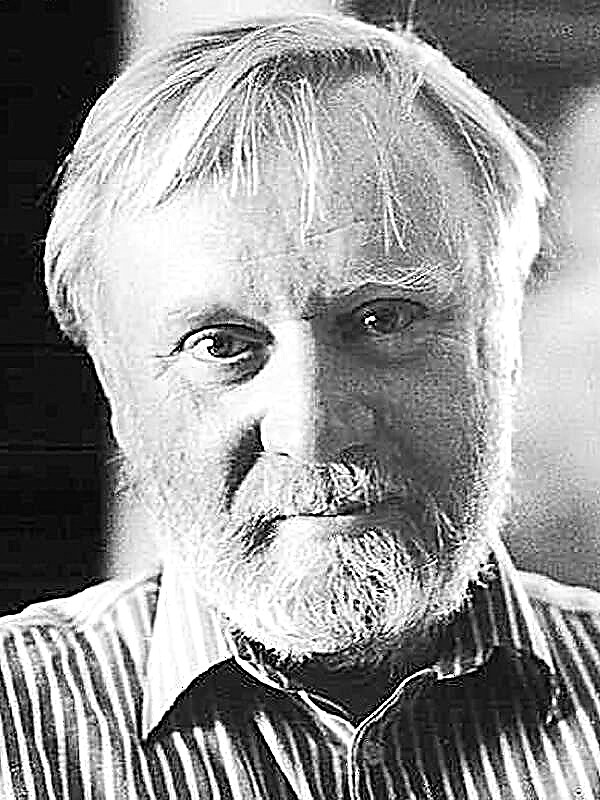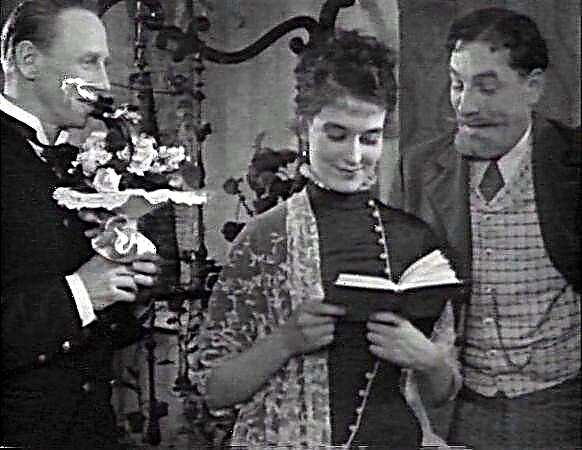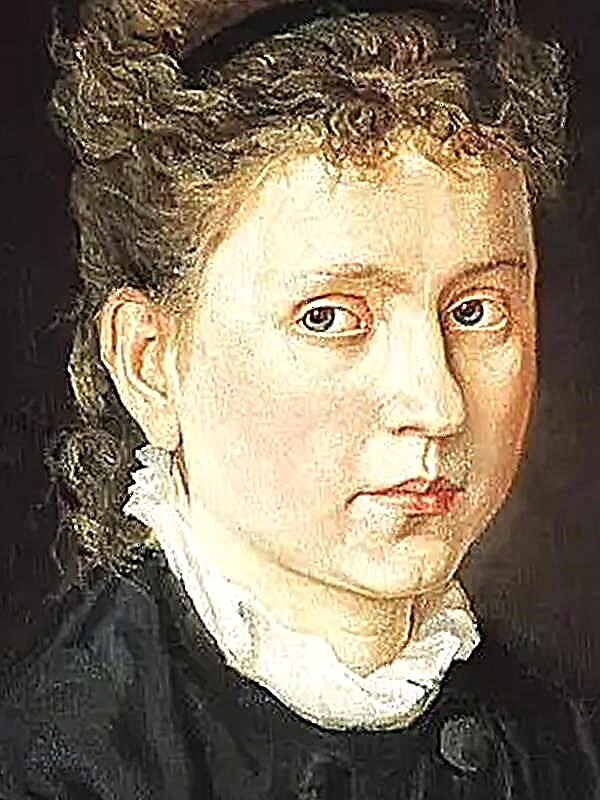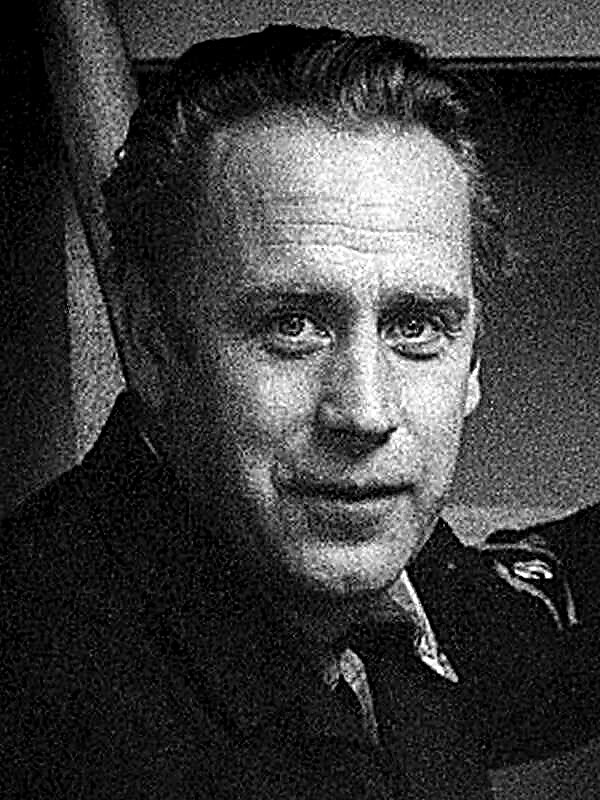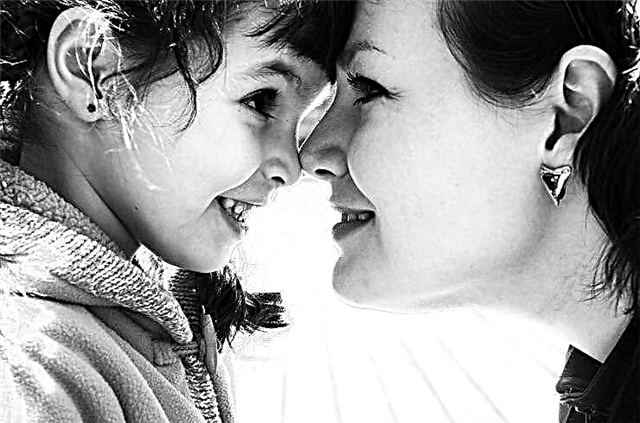The novel, written in the first person, is partly autobiographical in nature; it resurrects the events of 1886 in Christiania (present-day Oslo), when Gamsun was on the verge of starvation.
The narrator huddles in a miserable closet in the attic, he is constantly tormented by hunger pangs. A novice writer tries to earn money by attaching his articles, notes, feuilletons to newspapers, but this is not enough for life, and he falls into complete poverty. He thinks sadly about how slowly and steadily rolls downhill. It seems that the only way out is to find a permanent job, and he begins to study newspaper advertisements for employment. But in order to take the place of a cashier, a deposit is required, but there is no money, but they don’t take him to firefighters, because he wears glasses.
The hero experiences weakness, dizziness, and nausea. Chronic hunger causes overexcitation. He is agitated, nervous and irritable. In the afternoon, he prefers to spend time in the park - there he ponders the topics of future work, makes sketches. Strange thoughts, words, images, fantastic pictures sweep through his brain.
He alternately pledged everything that he had - all household household items, all the books to one. When auctions are held, he entertains himself by watching which hands his things are in, and if they get a good owner, he feels satisfaction.
Severe protracted hunger causes inappropriate behavior of the hero, often he acts contrary to worldly standards. Following a sudden impulse, he gives his pawnbroker his vest, and gives the money to the impoverished cripple, and the lonely, starving man continues to wander among the mass of well-fed people, keenly feeling the complete neglect of those around him.
He is overwhelmed by the intentions of new articles, but the editors reject his works: he selects too abstract topics, newspaper readers are not hunters for abstruse reasoning.
Hunger torments him constantly, and to drown him, he either chews a sliver or a pocket torn from his jacket, then sucks a pebble or picks up a blackened orange peel. An announcement comes across that there is a place for an accountant at the merchant, but again failure.
Reflecting on the misfortunes pursuing him, the hero asks why God chose him for his exercises, and comes to the disappointing conclusion: apparently, he simply decided to destroy.
There is nothing to pay for the apartment, there was a danger of being on the street. It is necessary to write an article, this time it will be accepted, he encourages himself, and having received the money, it will be possible to hold out somehow. But, as on purpose, the work does not move, the right words do not come. But finally, a good phrase was found, and then just have time to write down. Fifteen pages are ready the next morning, he experiences a peculiar euphoria - a deceptive upsurge. The hero awaits recall with trepidation - what if the article seems mediocre.
The long-awaited fee is short enough. The landlady recommends finding another housing, he is forced to spend the night in the forest. The thought comes to give the old man a blanket that he once borrowed from a friend - his only remaining property, but he refuses. Since the hero is forced to carry a blanket with him everywhere, he goes into the store and asks the clerk to pack it in paper, supposedly inside two expensive vases intended for shipment. Having met this acquaintance on the street of a friend, he assures him that he got a good place and bought fabrics for a suit, you need to dress up. Such meetings unsettle him, realizing how miserable his appearance is, he suffers from the humiliating nature of his position.
Hunger becomes an eternal companion, physical torment causes despair, anger, bitterness. All attempts to get at least some money are unsuccessful. Almost on the verge of a hungry faint, the hero is considering whether to go to the bakery and ask for bread. Then he begs a bone from a butcher, supposedly for a dog, and, turning into a back alley, tries to swallow it, shedding tears. Once you even have to look for an overnight stay at the police station under the false pretext that you sat in a coffee shop and lost the keys to the apartment. The hero spends a terrible night in the graciously provided separate chamber, realizing that madness is approaching him. In the morning he watches with frustration as the detainees are given food stamps, unfortunately they will not give him something, because the day before, not wanting him to be seen as a homeless vagabond, he introduced himself as a journalist to law enforcement officers.
The hero reflects on moral issues: now, without any twinges of conscience, he would have appropriated a purse lost by a schoolgirl on the street or would have picked up a coin dropped by a poor widow, even if she had one.
On the street, he runs into the newspaper editor, who, out of sympathy, gives him a certain amount of money against the future fee. This helps the hero regain a roof over his head, remove a miserable, dirty "room for visitors." In indecision, he comes to the shop for a candle, which he intends to ask for a loan. He works hard day and night. The clerk mistakenly, along with the candle, gives him another change. Not believing the unexpected luck, the poor writer hurries to leave the shop, but he is tormented by shame, and he gives the money to the street vendor of pies, very puzzled by the old woman. After some time, the hero decides to repent to the clerk in the deed, but does not meet with understanding, he is mistaken for a madman. Staggering from hunger, he finds a pie trader, hoping to get some refreshment - after all, he once did a good deed for her and has the right to count on responsiveness - but the old woman reproaches him and takes away the pies.
Once a hero meets two women in a park and ties in behind them, while behaving impudently, annoyingly and rather stupidly. Fantasies about a possible romance, as always, take him very far, but, to his surprise, this story continues. He calls the stranger Ilayali - a meaningless, musically sounding name that conveys her charm and mystery. But their relationship is not destined to develop; they cannot overcome disunity.
And again, a miserable, hungry existence, mood swings, habitual isolation on oneself, one’s thoughts, feelings, experiences, unmet need for natural human relationships.
Having decided that it is necessary to radically change life, the hero enters the ship as a sailor.

